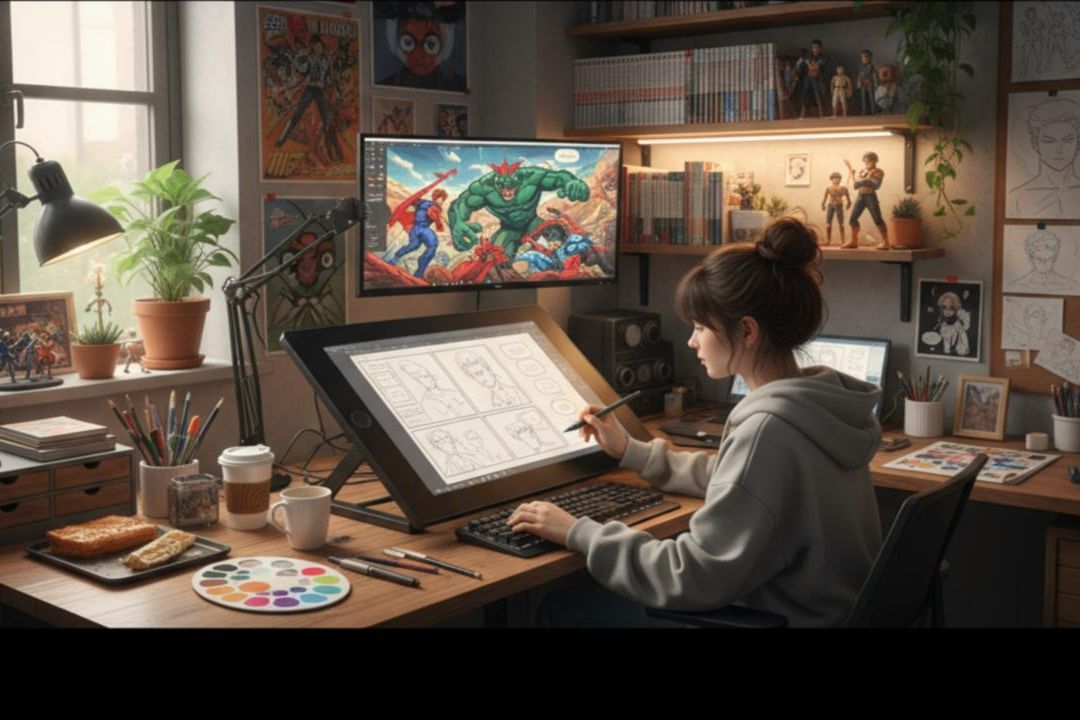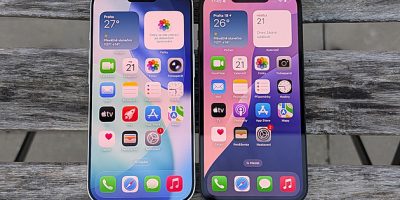The Korean webtoon industry is at a critical juncture, aggressively pursuing the efficiencies of artificial intelligence (AI) even as creators resist the change citing serious legal and ethical risks, according to industry experts.
This creativity-driven industry is one of the quickest to feel the effects of the emerging technology. Webtoon creators, while concerned that adopting the technology will compromise their originality, also understand that failure to embrace it could lead to exclusion from the market.
This tension was a key point of debate during the 25th annual Manhwa Day ceremony on Nov. 3, where stakeholders gathered to reflect on the future of Korean comics. Manhwa is the Korean term of comics.
Hosted by the Korea Cartoonist Association, the event, which drew over 160 industry officials, featured a lecture that focused on the challenge of AI integration.
At the event, cartoonist Kwak Baek-soo pushed for AI as a necessary solution for creators facing fierce competition. Kwak explained how the technology helps cartoonists survive the hyper-competitive market driven by major webtoon production studios that produce numerous titles in a short term by hiring multiple creators for one work.
“AI helps with backgrounds, coloring and even story idea conception, allowing a single creator to overcome the limitations of time and resources,” Kwak said.

Cartoonist Kwak Baek-soo delivers a lecture on the use of AI in the comics industry during the annual Manhwa Day ceremony in Seoul, Nov. 3. Courtesy of Korea Cartoonist Association
This aggressive push for efficiency is supported by Han Chang-wan, a professor at Sejong University’s Department of Comics & Animation Technology who thinks that adoption of AI tools when creating cartoon works is inevitable.
“I believe AI is not a choice but a defining shift in the industry,” Han told The Korea Times. “AI is the sole method for a solo artist to gain a competitive edge against large, multi-artist webtoon studios. AI tools, which are increasingly personalized, will allow creators to upload three times a week or even daily.”
Despite the clear benefits, webtoon artists remain highly cautious. According to the Korea Creative Content Agency’s 2024 webtoon industry survey on 800 webtoon artists, only 18.3 percent of respondents said they have experienced using generative AI, and only 36.1 percent said they intended to use it in the future. This contrasts sharply with the 63.8 percent of webtoon businesses that plan to utilize AI technology.
The resistance stems primarily from ethical and legal concerns: 41.3 percent of the artists said a lack of AI experience was the burden regarding legal issues such as ethics and copyright. This was followed by worry about the deterioration of the work’s originality as 31.3 percent said so.
Han said this reluctance comes from the possible backlash webtoon artists could face.
“Naver Webtoon featured an AI-created work. When it became public, readers staged a subscription boycott,” the professor said.
An official from the local webtoon industry said social agreement is still lacking on whether creations made with this technology can be considered the creator’s independent work.
“There are diverse opinions among artists and readers regarding the acceptance of AI-produced content with unclear origins,” the official said on condition of anonymity. “Also, social and legal consensus is yet to be fully reached.”
















